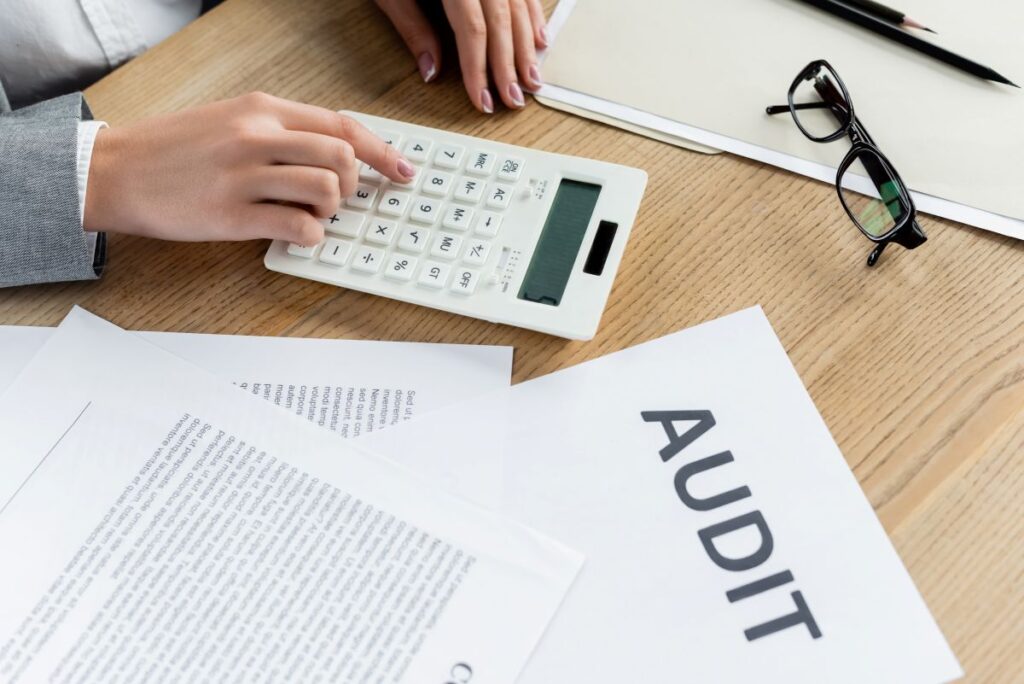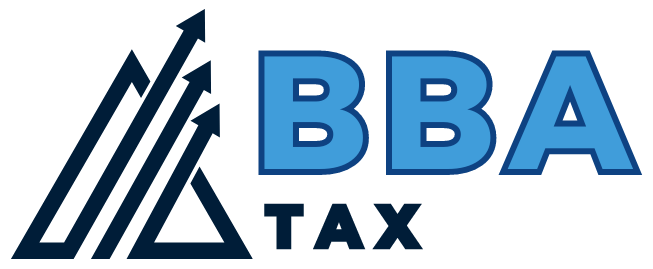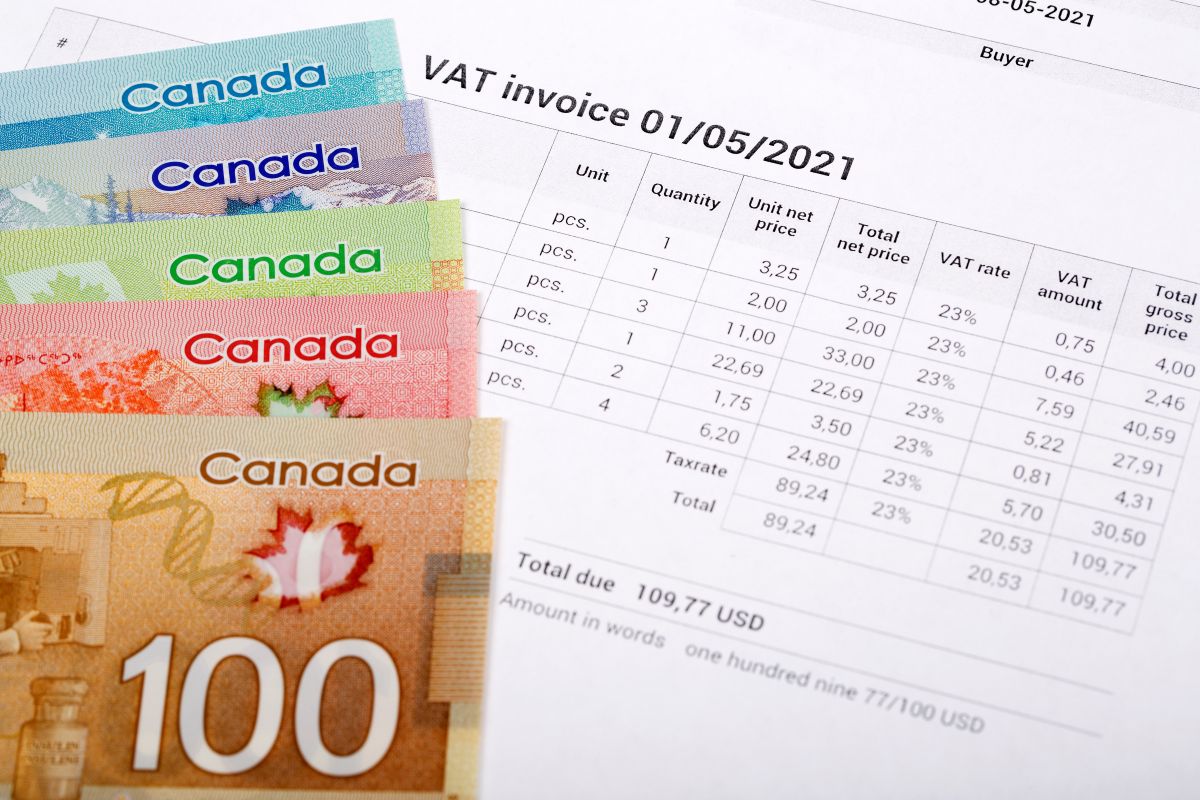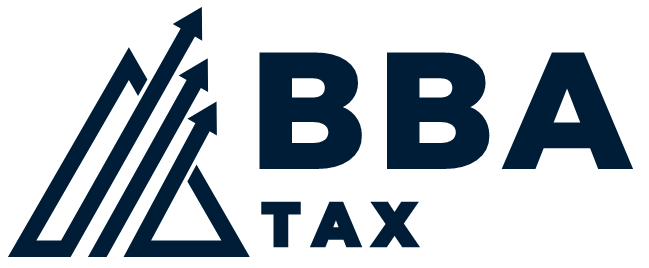Table of Contents
- Introduction: The Rise of Remote Work in Canada
- Understanding CRA’s Rules for Home Office Expenses in 2025
- The Temporary Flat Rate Method vs. Detailed Method
- What Qualifies as a Home Office in the Eyes of CRA
- Common Work-from-Home Tax Write-Offs
- What You Cannot Write Off
- Special Rules for Self-Employed Individuals & Small Business Owners
- How CRA Audits Are Initiated
- What to Do If You’re Audited by CRA
- Common Mistakes That Trigger a CRA Audit
- Documentation Tips to Protect Yourself
- Vehicle and “Car Audit” Considerations for Home-Based Workers
- When to Hire a Professional Accountant
- Why Choose BBA Tax in Ottawa
- Final Thoughts
1. Introduction: The Rise of Remote Work in Canada
The COVID-19 pandemic permanently reshaped how Canadians work. Even in 2025, thousands of employees and business owners continue to run operations from home. This shift not only changes how we work—it changes how we file taxes.
If you work from home in Canada, you may qualify for valuable deductions on your tax return, but knowing exactly what you can claim is essential. Missteps can lead to reduced refunds—or worse, a CRA audit.
2. Understanding CRA’s Rules for Home Office Expenses in 2025
The Canada Revenue Agency (CRA) has two primary methods for claiming home office expenses:
- Temporary Flat Rate Method (extended in prior years but may change annually)
- Detailed Method (requires expense tracking)
In 2025, it’s crucial to verify whether the flat rate remains available. For most, the Detailed Method provides higher deductions—but only if you maintain excellent records.
3. The Temporary Flat Rate Method vs. Detailed Method
Temporary Flat Rate Method
- Claim a flat daily amount for each day worked from home.
- No receipts required.
- Designed for simplicity.
Detailed Method
- Claim actual expenses proportionate to work-use.
- Requires proof of expenses (bills, receipts, invoices).
- Can result in larger deductions, especially for homeowners paying high utilities.
4. What Qualifies as a Home Office in the Eyes of CRA

To claim home office expenses, your workspace must:
- Be your principal place of work (over 50% of your work time).
- Be used exclusively for earning income.
- Be used for regular and continuous meetings with clients/customers.
5. Common Work-from-Home Tax Write-Offs
If eligible, Canadians can write off part of:
- Rent or mortgage interest (self-employed only)
- Property taxes (self-employed only)
- Utilities (electricity, heat, water, internet)
- Home insurance (self-employed only)
- Office supplies (paper, ink, pens)
- Cell phone & landline costs (portion related to work)
6. What You Cannot Write Off
- Mortgage principal payments
- Furniture not used exclusively for business
- Personal portion of expenses (e.g., Netflix subscription, family groceries)
- Clothing (unless safety or industry-specific uniforms)
7. Special Rules for Self-Employed Individuals & Small Business Owners
Self-employed Canadians can typically claim more expenses than employees, including:
- Depreciation on home office equipment
- Repairs & maintenance for workspace
- Marketing and advertising
- Business insurance
8. How CRA Audits Are Initiated
CRA audits can be random—but often they’re triggered by red flags such as:
- Unusually high deductions compared to reported income
- Frequent home office claims over multiple years
- Large vehicle expense write-offs
- Inconsistent reporting between T-slips and deductions
9. What to Do If You’re Audited by CRA

- Respond promptly to all CRA requests.
- Provide copies (never originals) of receipts.
- Keep communication professional and concise.
- Consider hiring a tax professional immediately.
10. Common Mistakes That Trigger a CRA Audit
- Claiming 100% of an expense that is partially personal.
- Failing to match reported income on slips.
- Sudden, unexplained drops in taxable income.
- Not updating your address or contact info with CRA.
11. Documentation Tips to Protect Yourself
- Keep receipts for at least six years.
- Use accounting software or an Excel log to track expenses.
- Take photos/scans of receipts to prevent loss.
- Maintain a written explanation for unusual expenses.
12. Vehicle and “Car Audit” Considerations for Home-Based Workers
If you use your vehicle for work:
- Track every business trip in a mileage logbook.
- Keep fuel, maintenance, and insurance receipts.
- Only claim the business-use percentage.
CRA “car audits” are particularly strict—failing to keep a mileage log can lead to large reassessments.
13. When to Hire a Professional Accountant

You should consider hiring an accountant if:
- You run a small business or freelance operation.
- You’ve been contacted by CRA.
- You have complex expenses involving multiple properties or vehicles.
- You want to maximize deductions without triggering an audit.
14. Why Choose BBA Tax in Ottawa
BBA Tax offers:
- Corporate & personal tax filing
- Bookkeeping & financial management
- CRA audit defense (specializing in “car audits”)
- Incorporation services for small businesses
With deep knowledge of CRA’s rules and a track record of defending clients in audits, BBA Tax is the Ottawa accountant you can trust.
15. Final Thoughts
Work-from-home tax write-offs in Canada can save you hundreds—or even thousands—of dollars in 2025.
The key is knowing what’s allowed, keeping meticulous records, and seeking professional advice when in doubt.
BBA Tax can guide you through every step, ensuring you claim every deduction you deserve while staying compliant with CRA rules.



